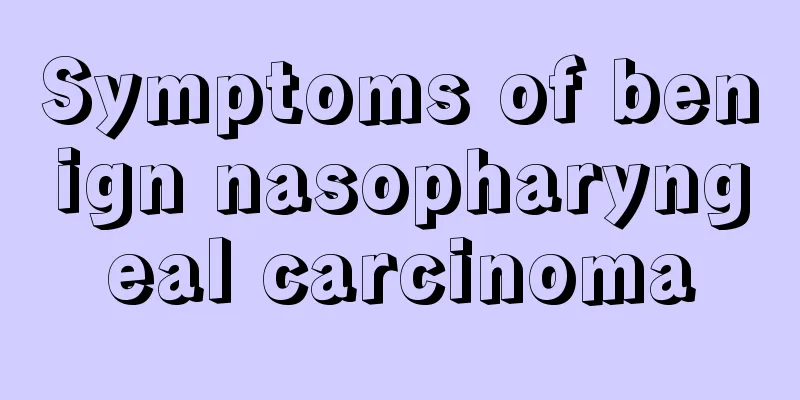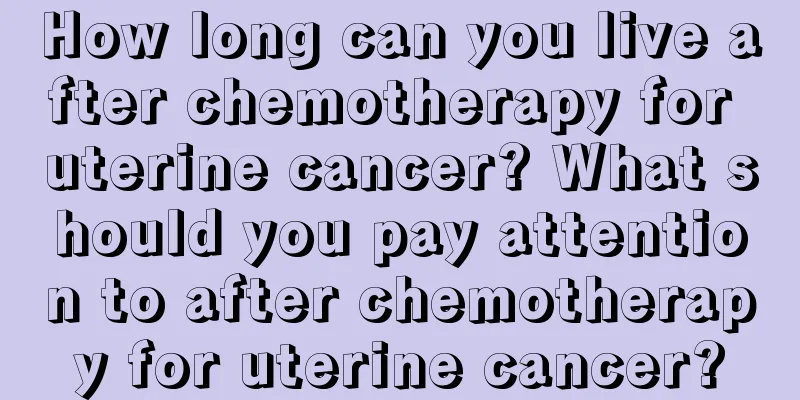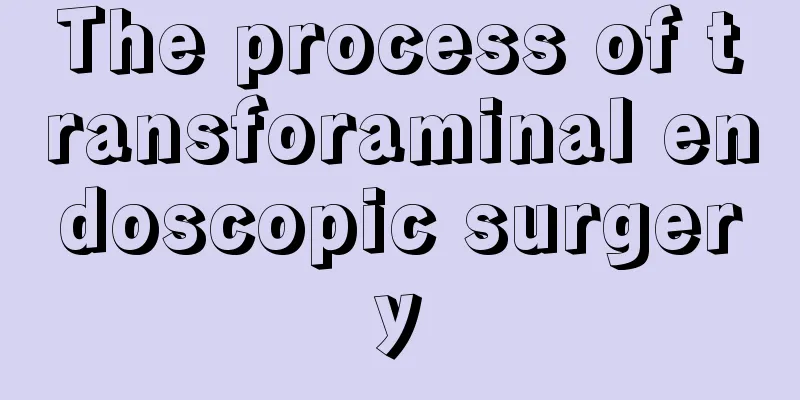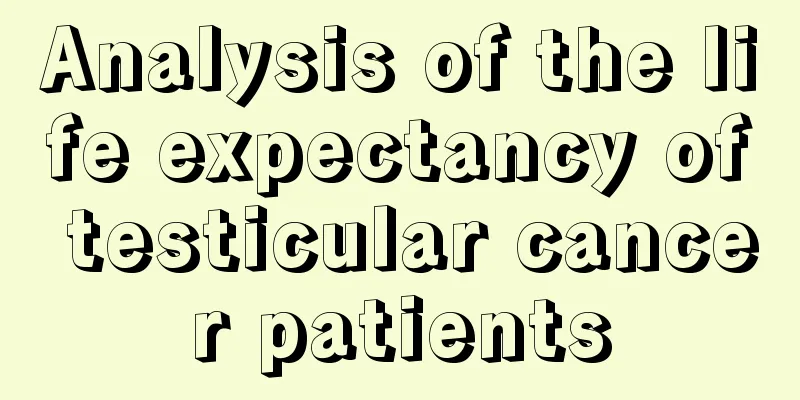Symptoms of benign nasopharyngeal carcinoma

|
Symptoms of benign nasopharyngeal cancer usually include nasal congestion, nose bleeding, tinnitus, etc., and timely medical treatment is required for a clear diagnosis. Benign nasopharyngeal tumors are mostly caused by genetics, environmental stimulation, chronic inflammation and other factors. The treatment is mainly surgical resection, combined with drugs and radiotherapy. 1. The etiology of benign nasopharyngeal tumors is complex and may be related to genetic factors. People with a family history of nasopharyngeal diseases have a higher risk of disease. Environmental factors such as long-term exposure to harmful gases, dust or smoking may irritate the nasopharyngeal mucosa and lead to tumor formation. Chronic inflammation such as repeated attacks of rhinitis and sinusitis may also induce benign tumors. Trauma or local infection can also cause damage to nasopharyngeal tissues and increase the probability of tumor occurrence. 2. Symptoms of benign nasopharyngeal tumors vary. Nasal congestion is the most common symptom. The enlarged tumor may block the nasal cavity and affect breathing. Nose bleeding is mostly caused by the rich blood vessels on the surface of the tumor, which can bleed with a slight stimulation. Tinnitus or hearing loss may be related to the compression of the Eustachian tube by the tumor. Some patients may experience symptoms such as headache, facial numbness or decreased sense of smell. 3. Diagnosis of benign nasopharyngeal tumors requires a combination of imaging examinations and pathological biopsy. Nasal endoscopy can directly observe the morphology and location of the tumor. CT or MRI can determine the size of the tumor and the involvement of surrounding tissues. Pathological biopsy is the gold standard for diagnosis and can distinguish between benign and malignant tumors. 4. Surgical resection is the main treatment for benign nasopharyngeal tumors. Endoscopic minimally invasive surgery is suitable for smaller tumors, with less trauma and faster recovery. Open surgery is suitable for larger or complexly located tumors, and can completely remove the diseased tissue. Radiotherapy can be used for postoperative adjuvant treatment to reduce the risk of recurrence. Drug therapy such as anti-inflammatory drugs and hemostatic drugs can relieve symptoms, but cannot cure the tumor. 5. Postoperative care and lifestyle adjustment are crucial for recovery. Keep the nasal cavity clean and avoid blowing your nose forcefully. Eat a light and easily digestible diet and avoid spicy and irritating foods. Appropriate exercise such as walking and yoga can enhance physical fitness, but avoid strenuous activities. Regular follow-up can detect recurrence or complications early. Although benign nasopharyngeal tumors are not fatal, they require prompt diagnosis and treatment to avoid complications. Patients should pay attention to early symptoms and seek medical attention as soon as possible for a clear diagnosis. Surgery is the main treatment, combined with medication and radiotherapy to improve the efficacy. Postoperative care and lifestyle adjustments, and regular follow-up are the key to preventing recurrence. |
<<: What is the early screening method for nasopharyngeal carcinoma
>>: How to treat nasopharyngeal carcinoma lymph node metastasis
Recommend
My nose has bloodshot recently, what's going on?
The nasal cavity is a very sensitive area and it ...
Does teratoma affect pregnancy? It is recommended to do a pre-pregnancy check
Teratoma refers to the differentiation of ovarian...
Non-drug treatment for lung cancer pain
Non-drug treatments for lung cancer pain include ...
Can I drink soy milk during menstruation
Can I drink soy milk during menstruation? You can...
What is the cause of breast cancer
Among the many tumor diseases, the incidence of b...
Symptoms of deep vein thrombosis
Venous thrombosis is actually a more serious dise...
How to wash moldy clothes
If you don't take care to preserve your cloth...
How long does it take to boil zongzi in cold water
If you want to use cold water to cook rice dumpli...
Experts briefly analyze the classification of common malignant melanoma
Malignant melanoma is a surgical disease that cau...
Why is there hair on the butthole?
The human anus is a very private part. Normally, ...
Can you eat dead clams? A foodie expert tells you
Flower clams are also known as clams. They have h...
What are the effects and functions of ear stickers
In modern society, people pay more and more atten...
The dandruff is very large
When it comes to the problem of dandruff, I belie...
How to wash oil stains from jeans
The fabric of jeans is relatively thick. Therefor...
How to quickly correct calf bending by yourself
Some people's legs are not very straight, whi...









